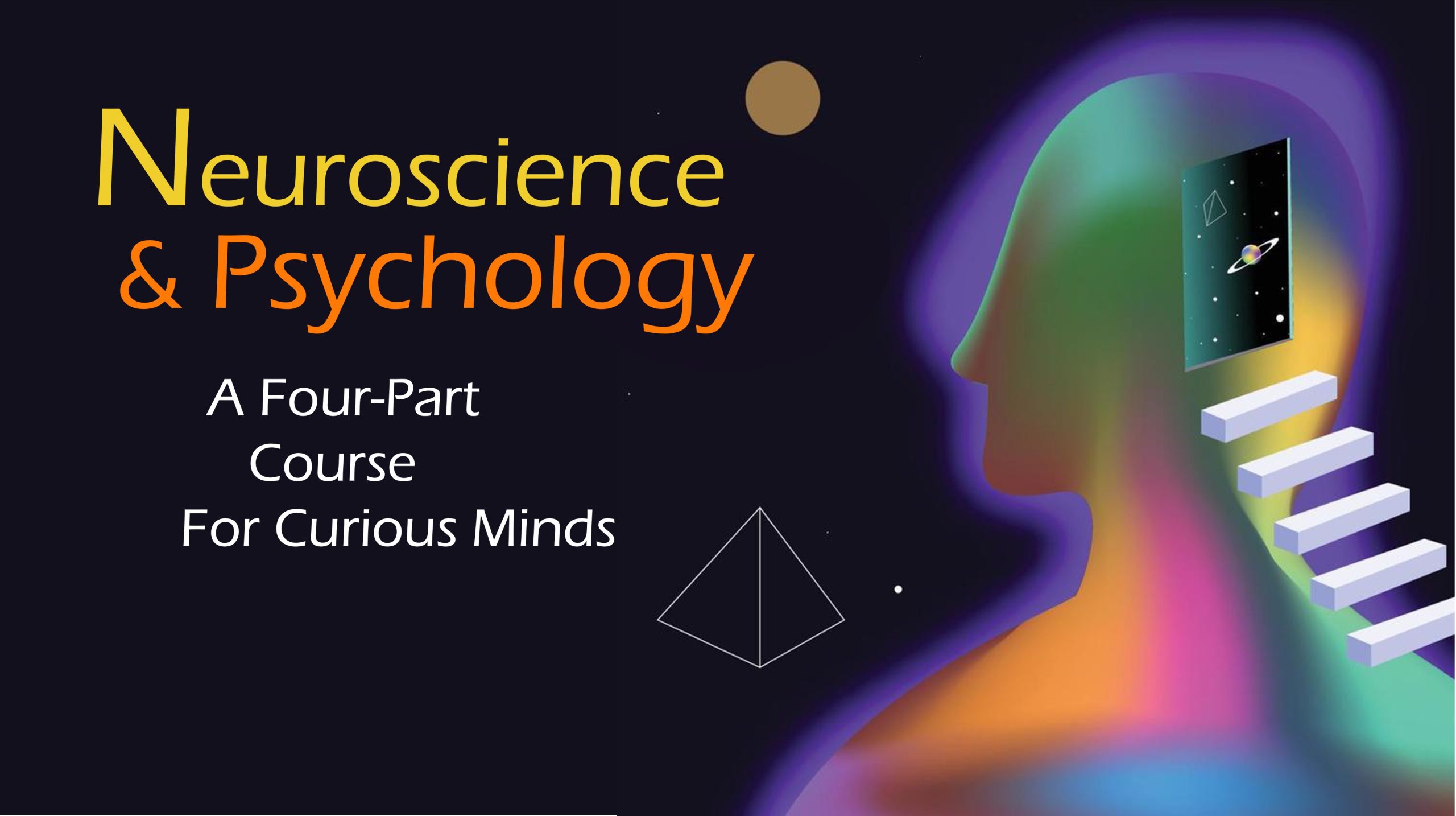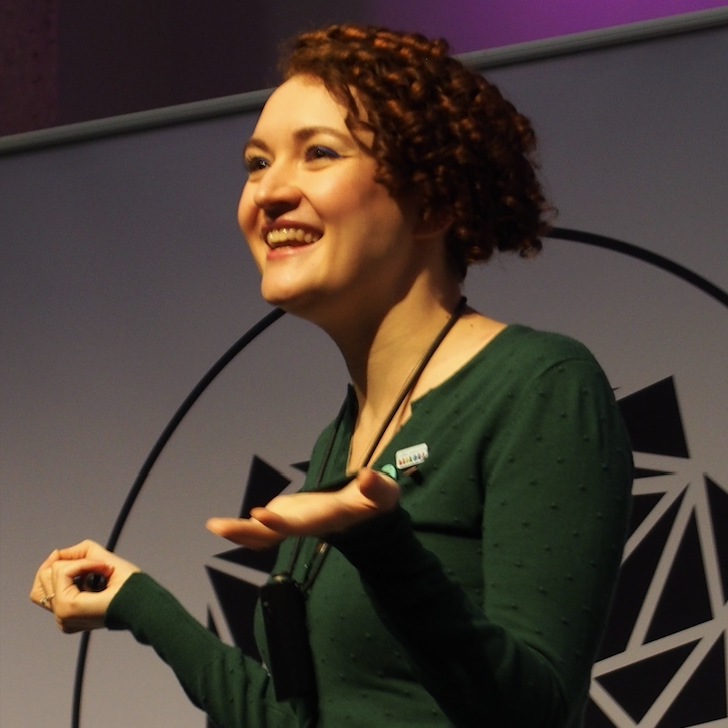Join Ginny Smith for a journey through your brain and discover what cutting-edge neuroscience can teach you about how to learn effectively, sleep better, manage emotions, and make decisions.
The brain is the most complex object on earth and responsible for every moment of our lived experience – our perceptions, thoughts, feelings, and desires. But how does it work? While many aspects of this three-pound organ remain mysterious, science has made incredible strides in making sense of the brain and its relationship to our mind and experience.
Fusing scientific knowledge with practical insights, this livestream course taught by acclaimed cognitive science writer and presenter Ginny Smith is your chance to discover what we know about how the brain works and what that knowledge means for the way you live.
Is it inevitable that learning is harder for adults than children? Why do we sleep and dream and how do we improve the quality of that sleep? How can we train our brains to make better decisions? Why do some people suffer from anxiety and what can they do about it? We’ll answer all of these questions and many more in this four-part series.
How To Plus members receive a 30% discount to this online course.
The Programme:
Part 1: Learning & Memory
One of our brain’s most important roles is to allow us to learn about the world around us. As babies, we learn incredibly rapidly, but this ability continues throughout our lives, as our brains change and adapt to the world around us. In this session, we will explore how neurons, the building blocks of our brains, send messages, and how changes in these cells allow us to learn new skills and store new information. We will look at how the brain changes from child to teenager to adult, and what happens when our memory systems go wrong. Along the way, we will discuss tricks psychological research has uncovered, to help everyone learn more quickly and efficiently.
Part 2: Sleep
We spend a third of our life doing it, but how much do we really know about the mysteries of sleep? Far from being a passive state, our brains are highly active while we slumber, processing information and cleaning up the brain to keep it happy and healthy. In this session, we’ll dive into the science of sleep, exploring how and why it happens. We will cover our natural circadian rhythms, and how the modern world can influence them, as well as looking at what is going on in our brains when we sleep and dream. Finally, we will discuss practical tips to improve the quality of your sleep.
Part 3: Emotions
Our inner life is driven by our emotions- we worry about the future, reminisce about the past, and, just occasionally, revel in the moment we are currently experiencing. All of these feelings are rooted in our amazing, complex brains. But how, and why, did emotions evolve? Do they have a purpose? And why do so many people struggle with emotional disorders, like anxiety and depression? In this session we will cover what is currently understood about the neuroscience of emotions, and just how much we have left to learn.
Part 4: Decision Making
Every day, we each have to make hundreds of decisions, from simple ones like what to wear, or what to eat, to more complex and important ones like who to marry, or whether to buy a house. And we like to think we make these rationally- but that isn’t always the case. In this session you’ll learn why evolution has given you a brain that often makes the wrong decision, and how businesses exploit these quirks to make us spend more money. We will cover why irrationality is sometimes the best choice, and how we can avoid our inbuilt biases when they might point us in the wrong direction.






